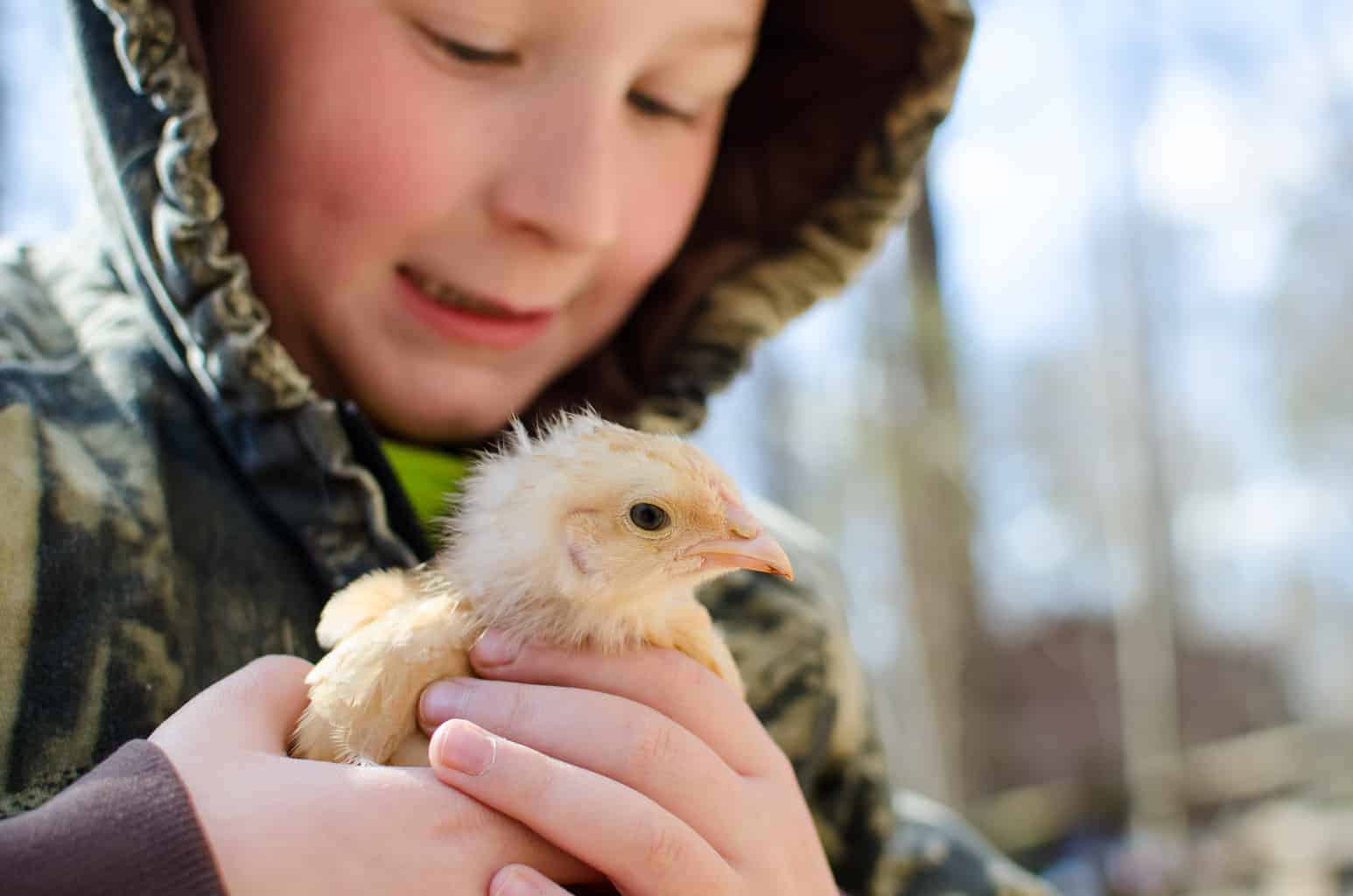
Buying baby chicks—it’s one of the greatest things to do as a chicken keeper. There are baby chicks for sale all over the place in the spring. It’s officially that time of year. You see the signs all over the place, “Chick Days Are Here,” but you cringe because you know you don’t have room for any more baby chicks. Or, maybe you don’t have any chicks at all, and this is the day you want to add them to your backyard or farmstead.
Here we go. Deep breaths. Try not to buy all the baby chicks, you tell yourself. And somehow, some way, you’re absolutely going to fail . . . and you’ll buy more chicks than you should’ve. It’s called chicken addiction, OK? It’s a disease, I tell you!
All kidding aside, purchased chicks are, in many ways, a lot easier for the chicken keeper to start or maintain a flock. Hatching eggs can present challenges, and the wait isn’t ideal for people who lack patience. So, we often opt to find baby chicks for sale, either at our local farm store, from a hatchery, or through a breeder.
There are pros and cons to each, and they are all very valid and important. Choosing your breed may be your first step, but choosing where to purchase your chicks is equally as important. Use this guide for buying baby chicks this spring!
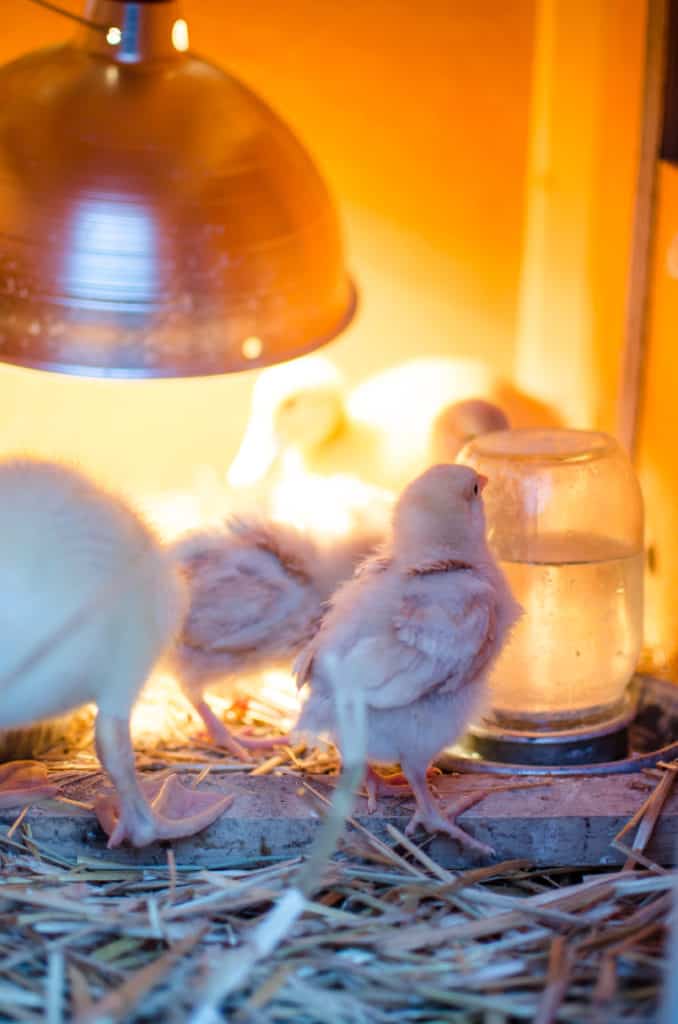
Buying Baby Chicks From the Farm Store
Your local farm store will most likely carry chicks every single spring and fall. Most homesteaders replenish their flocks during these times of the year. These chicks normally come from hatcheries, though some farm stores carry locally hatched and raised chicks.
Pros: Many times the farm store will have straight-run chicks or pullet chicks. This is especially convenient if you are just looking for pullets (females). They generally carry the most common breeds, including heritage breeds, sexlinks, and bantams.
Cons: The trip from the hatchery to the farm store and then to your home can be a bit stressful on chicks. This is where “pasty butt” in chicks begins to cause issues. Oftentimes the stress from constant transportation can cause a higher death rate than if you were ordering from the hatchery straight to your home, or directly from a breeder. The farm store doesn’t always have all of the breeds you may want, either, as they generally only carry main breeds that are the most popular that year.
Another con: You don’t have the option to look over the chicks. The farm store will normally just put chicks in a box without allowing you to touch them, according to state law, and for good reason. Most people don’t know how to handle chicks properly. While farm stores won’t allow you to pick up chicks and look them over when you purchase them, you can certainly request for them to choose chicks that are naturally alert, plump, and without pasty butt. Final con: You normally have to purchase four to six chicks minimum, depending on the store. So if you’re just wanting two chicks, you might be out of luck. However, the laws have recently changed, and now there is no minimum number of chicks you must buy unless they are for pets only.
Check with your local extension office first before finding baby chicks for sale, and keep in mind that stores can designate what the minimum amount to purchase is even if there legally is no minimum.
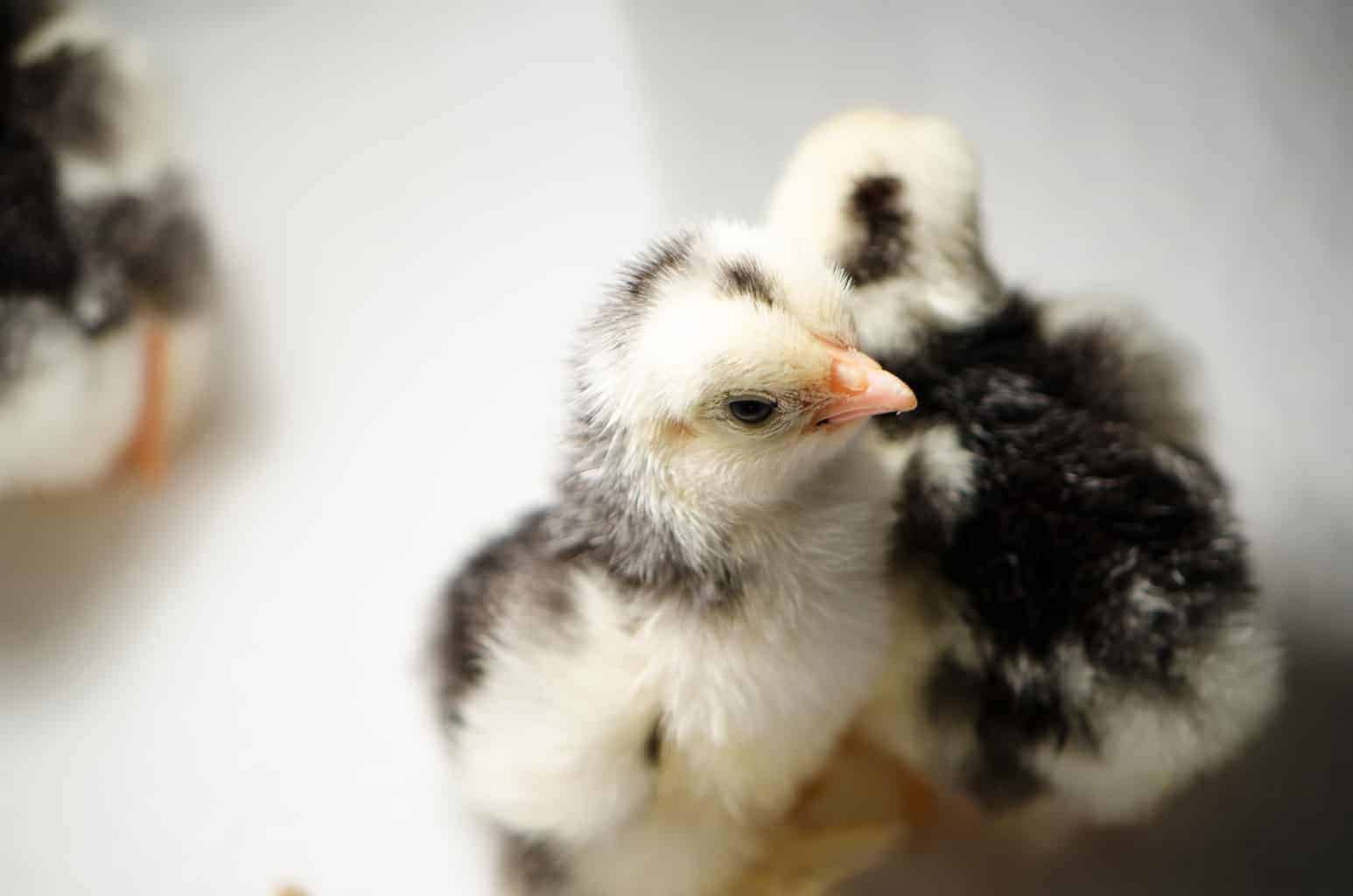
Buying Baby Chicks From the Hatchery
Hatcheries are a great option if you’re looking to purchase chicks in bulk, are interested in a certain breed, or you want the convenience of shopping online. You can order straight-run or pullet, and different hatcheries offer different breeds. Most generic hatcheries offer the same types of breeds, but there are also some high-quality hatcheries that breed imported birds that are more highly sought after.
Pros: You can shop at home in your pajamas, and you don’t have to worry about transporting the chicks from a different location except from the post office. You’ll find more breeds, including rarer breeds.
Cons: Typically the box will come to you unharmed, but other times the box might turn up damaged with injured chicks. This isn’t common, but it can happen. Due to transportation, you also run the risk of opening up the box to find dead chicks. While this isn’t typically a traumatic event for an adult, it may be something to consider with children around. This is a step that the farm store does eliminate when they receive hatchery chicks.
Another con: You won’t have a chance to look over the chicks. You’re simply at the mercy of whatever they send you. And the last con: Some hatcheries require you purchase ten or more chicks per order.

Buying Baby Chicks From the Trusted Breeder
You can always find baby chicks for sale locally. My favorite way to purchase chicks is from a trusted and reliable breeder. I say this both as a chicken keeper and as a chicken breeder. It may take a bit longer, and may cost a bit more, but if you’re searching for a certain breed or egg color, finding a reliable breeder is best. They can ship the eggs or chicks to you just as a hatchery would, and they are just a phone call away if you have any questions. You can also find extremely rare chicken breeds that are top quality.
Pros: Breeder chicks are typically of higher quality than hatchery chicks, both in conformation and egg shape and color quality. Many breeders keep track of their breeding lines, and this is a great way to learn where your chicken flock came from. A great pro is that you typically get to look over the chicks you’re purchasing from a local breeder (unless they are mailing them). This isn’t the case, though, if you’re purchasing from a distant breeder.
Cons: It’s extremely hard, and time-consuming, to find a trusted and reliable breeder. As with any backyard animal breeder, sometimes chickens can be over-bred with bad quality, or bred too closely in relation to one another. Start by finding a breeder through the American Poultry Association, or through the specific breed associations that you are part of.
No matter where you decide to get your chicks, and who has baby chicks for sale, you’ll always want to check them over as thoroughly as possible when you receive them. You can learn all about that, common chick illnesses, and more in my new book. The Homesteader’s Natural Chicken Keeping Handbook!
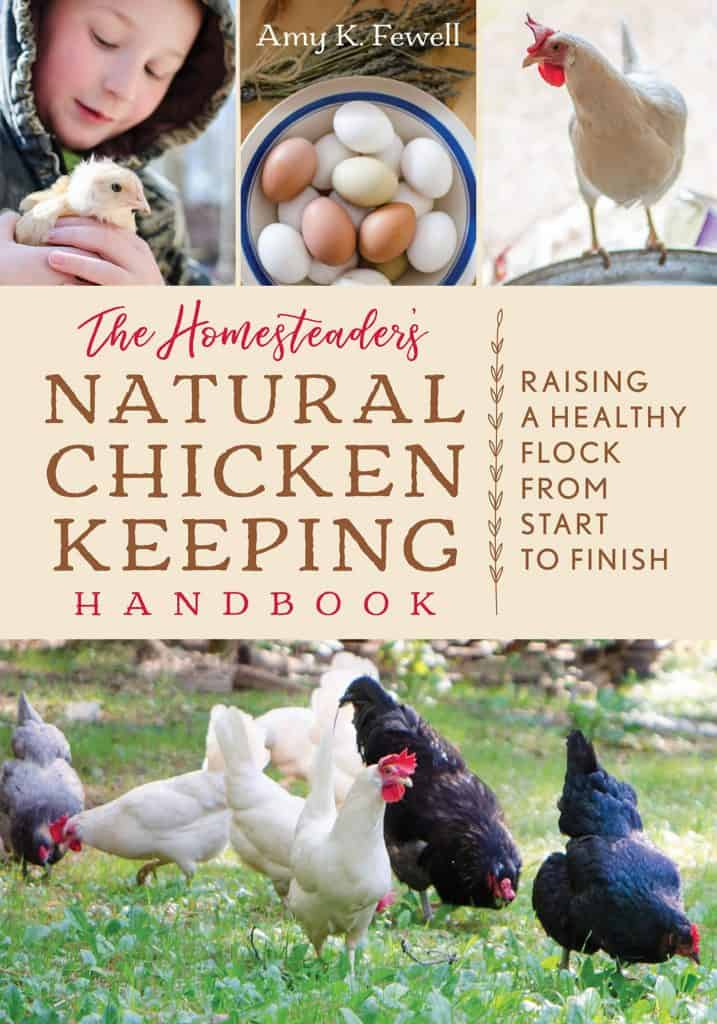
PIN IT FOR LATER!
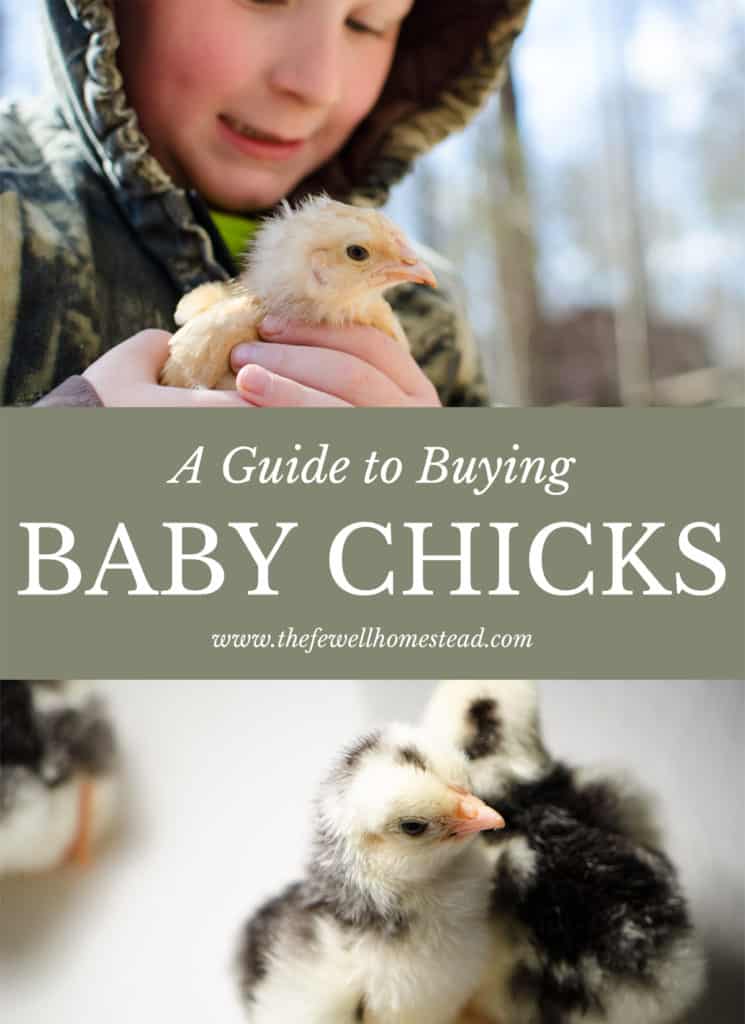

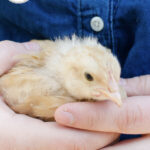
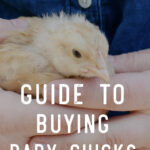
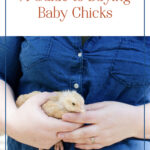
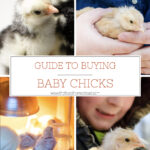
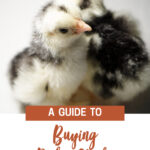
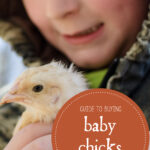
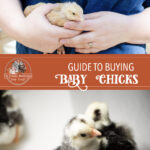
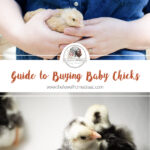
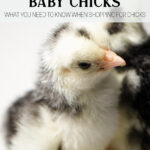
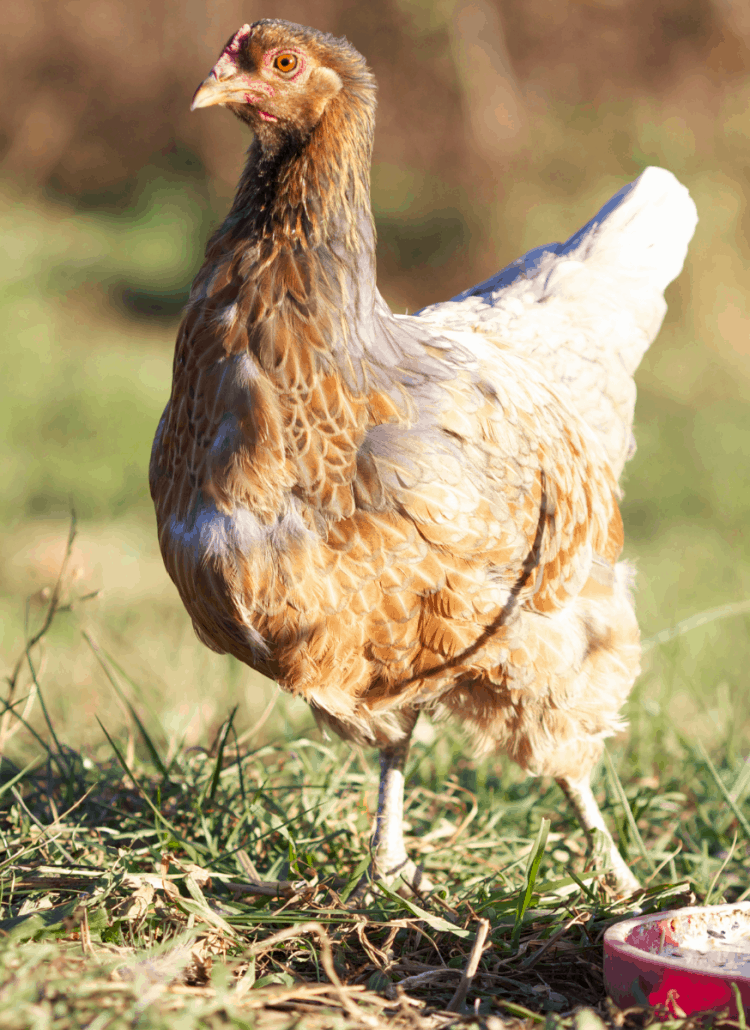
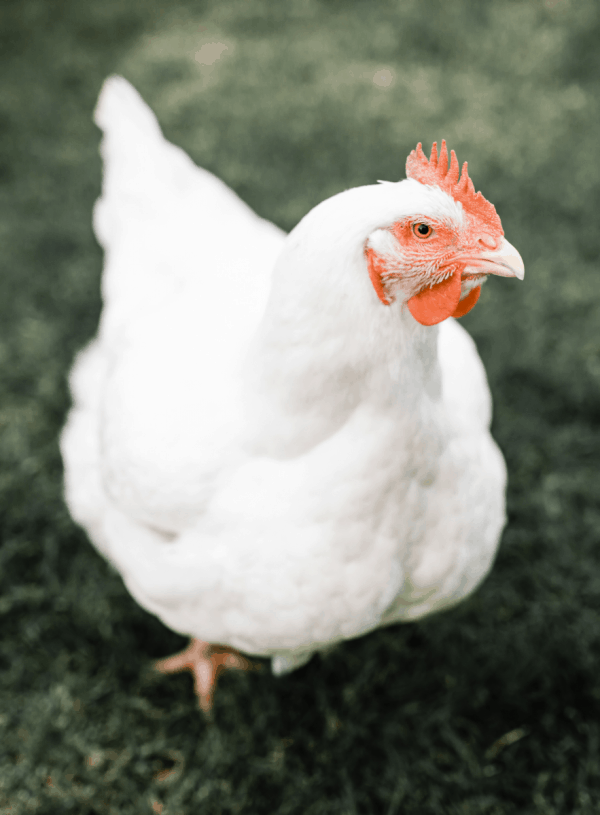
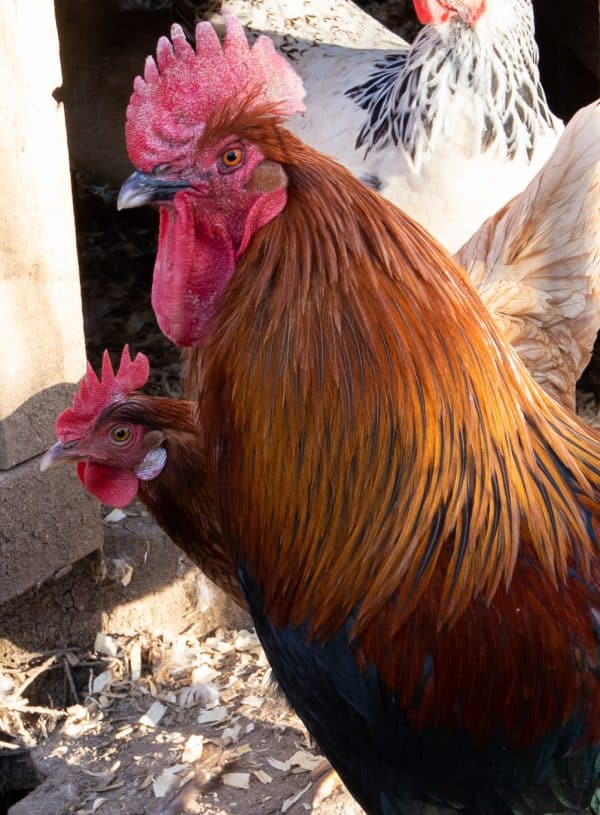
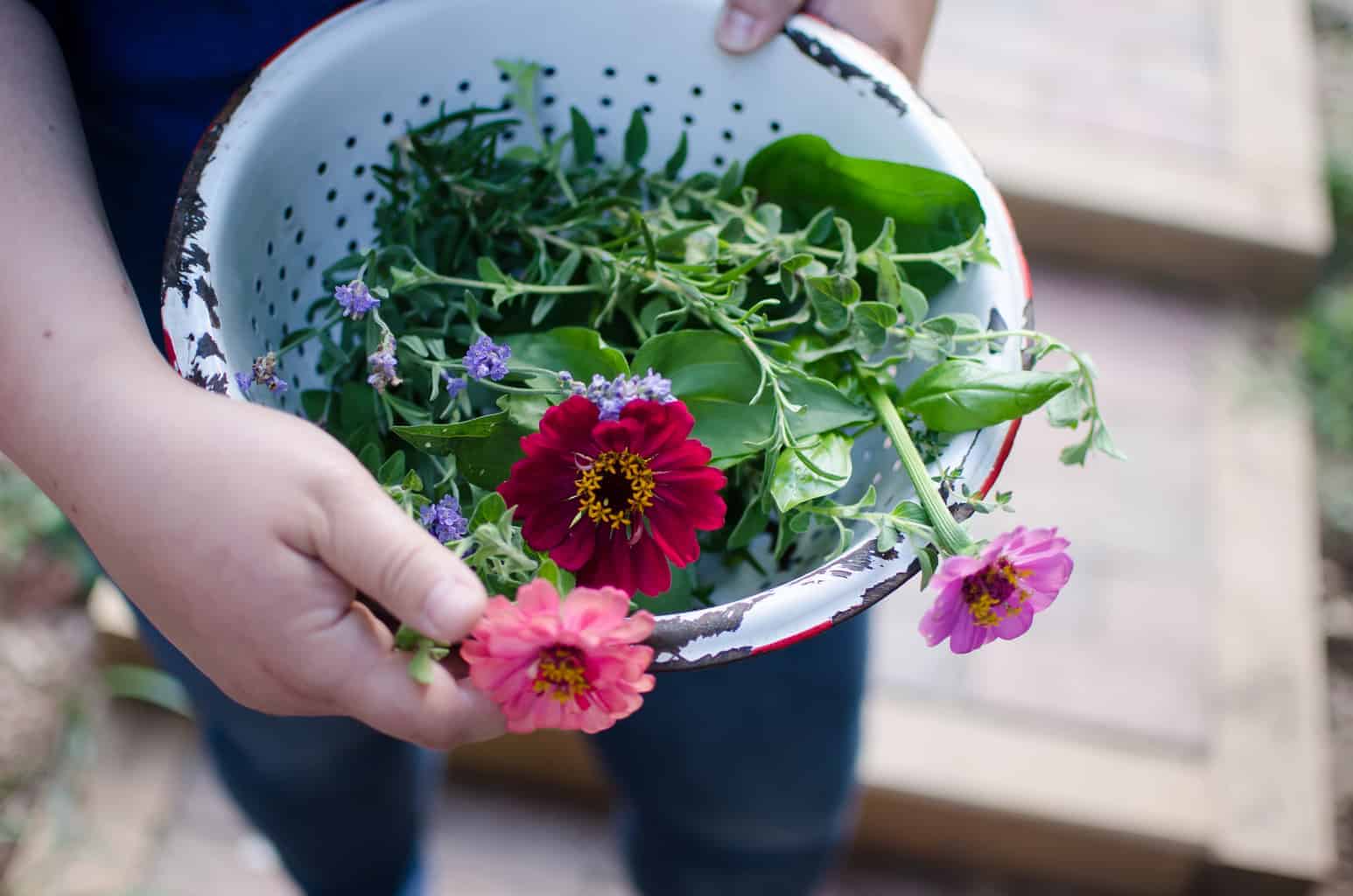
I just finished watching your video about keeping chickens alive and healthy over at AbundantPermaculture.com: I learned so much! Now I’m here to explore your website and to buy your book about chickens. Thank you for teaching us what you know!
welcome!! I hope you enjoy everything!!
Thanks for sharing the guide, it sure will help me in buying my next home.